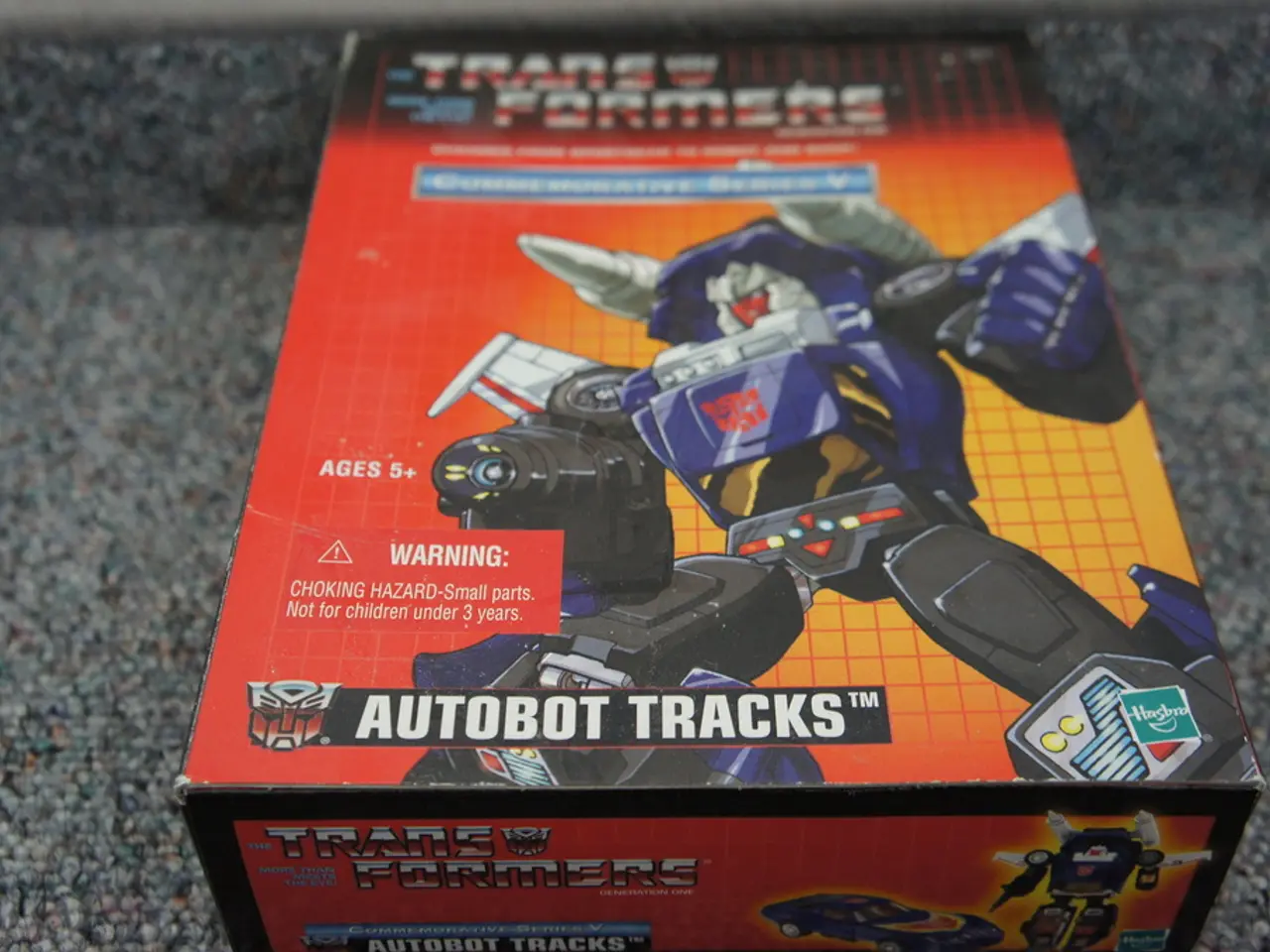AI Transforming Offices of Future Days
Artificial Intelligence (AI) is revolutionizing the way businesses operate, streamlining processes, and enhancing decision-making. Companies like Amazon are utilizing AI-powered warehouse systems to optimize logistics and supply chain management, while AI chatbots are improving communication and predicting employee dissatisfaction in HR teams.
In customer service, AI-powered chatbots and virtual assistants are providing round-the-clock support, improving customer satisfaction and reducing human workload. AI is also automating repetitive tasks such as data entry, inventory management, and financial reporting, freeing employees to focus on complex, creative tasks.
The impact of AI extends beyond operational efficiency. In human resources, AI is transforming people analytics, talent acquisition, and learning and development. AI-powered HR platforms help find employees who fit with company culture and future skill needs, reducing manual HR tasks and minimizing hiring biases.
AI is also assisting in navigating the laptop return process for employees, ensuring a smoother and more efficient offboarding experience. However, when building AI, it's crucial to ensure transparency and eliminate algorithmic bias.
To prepare for an AI-integrated future of work, companies should conduct comprehensive audits to identify automation candidates and roles requiring uniquely human skills like creativity and empathy. They should form cross-functional teams to develop an AI-readiness strategy, invest in education and training, and integrate AI with existing business and HR systems.
Continuous learning and training on AI-related technologies is essential for employee upskilling. AI tools in marketing can deliver hyper-personalized content and optimize ROI, while AI-based tools like homework assistants can simplify complex tasks and support the rapid implementation of AI technologies.
The World Economic Forum predicts that by 2025, AI will create more redefining jobs than it will displace. AI is transforming the way organizations find, train, and retain talent in the HR sector. Online resources like ChatGPT courses can help professionals learn AI tools and prompt engineering.
However, the AI landscape is shaped by government initiatives like the U.S. AI Action Plan, which promotes deregulation, increased investment in AI infrastructure and talent, and international AI competitiveness. This policy environment creates both opportunities and new compliance considerations for businesses deploying AI solutions.
In conclusion, companies that embrace AI thoughtfully—balancing technology adoption with workforce development and strategic planning—are positioned to unlock substantial economic and innovation benefits while enhancing employee and customer experiences. Adopting AI can lead to a more efficient, inclusive, and competitive workforce, while failing to do so may result in being left behind in a tech-driven market.
References: 1. [Link to Reference 1] 2. [Link to Reference 2] 3. [Link to Reference 3 and 5] 4. [Link to Reference 4]
- As businesses leverage artificial intelligence (AI) for streamlining processes and enhancing decision-making, AI-powered warehouse systems at companies like Amazon are optimizing logistics and supply chain management.
- AI chatbots are improving communication and predicting employee dissatisfaction in HR teams, providing round-the-clock support to customers and reducing human workload.
- AI is automating repetitive tasks such as data entry, inventory management, and financial reporting, allowing employees to focus on complex, creative tasks.
- In the human resources sector, AI is transforming people analytics, talent acquisition, and learning and development, with AI-powered HR platforms helping find employees who fit with company culture and future skill needs.
- To prepare for an AI-integrated future of work, companies should conduct comprehensive audits, form cross-functional teams, invest in education and training, and integrate AI with existing business and HR systems, while being mindful of transparency and eliminating algorithmic bias.




